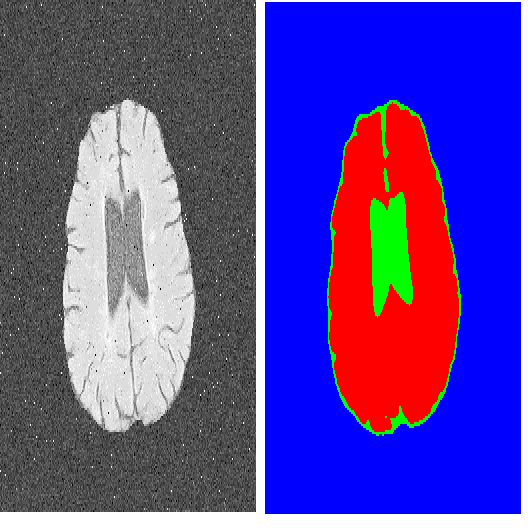Federated learning allows distributed medical institutions to collaboratively learn a shared prediction model with privacy protection. While at clinical deployment, the models trained in federated learning can still suffer from performance drop when applied to completely unseen hospitals outside the federation. In this paper, we point out and solve a novel problem setting of federated domain generalization (FedDG), which aims to learn a federated model from multiple distributed source domains such that it can directly generalize to unseen target domains. We present a novel approach, named as Episodic Learning in Continuous Frequency Space (ELCFS), for this problem by enabling each client to exploit multi-source data distributions under the challenging constraint of data decentralization. Our approach transmits the distribution information across clients in a privacy-protecting way through an effective continuous frequency space interpolation mechanism. With the transferred multi-source distributions, we further carefully design a boundary-oriented episodic learning paradigm to expose the local learning to domain distribution shifts and particularly meet the challenges of model generalization in medical image segmentation scenario. The effectiveness of our method is demonstrated with superior performance over state-of-the-arts and in-depth ablation experiments on two medical image segmentation tasks. The code is available at "https://github.com/liuquande/FedDG-ELCFS".
翻译:联邦学习使分布式的医疗机构能够合作学习一个共同的预测模型,并保护隐私。在临床部署时,在联邦以外完全看不见的医院应用联邦学习培训的模式仍然会因为业绩下降而受到影响。在本文中,我们指出并解决了一个新颖的联邦域通用化问题设置(FedDG),其目的是从多个分布式源域学习一个联邦式模式,这样可以直接推广到看不见的目标域。我们提出了一个新颖的方法,名为“连续频率空间的快速学习”(ELCFS),它使每个客户在数据分散化的挑战性制约下能够利用多源数据分布。我们的方法通过有效的连续频度空间间交换机制,以保护隐私的方式传递客户之间的信息。在转让多源域分布后,我们进一步仔细设计了一个面向边界的直观学习模式,让当地学习到区域分布变化,特别是应对医学图像分割情景模型化的挑战。我们的方法的有效性表现在州级和深度数据分散化的制约下,以保护隐私的方式传递给客户的传播信息。我们的方法,通过一个有效的连续频段间交流机制,我们可以应用两个图像部分试验。
相关内容
Source: Apple - iOS 8




